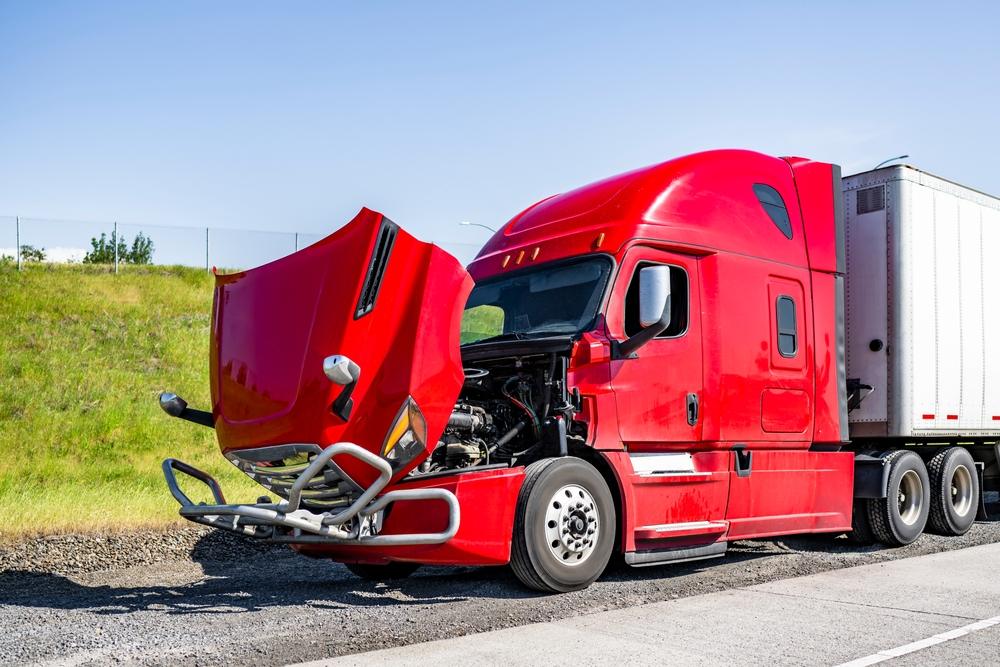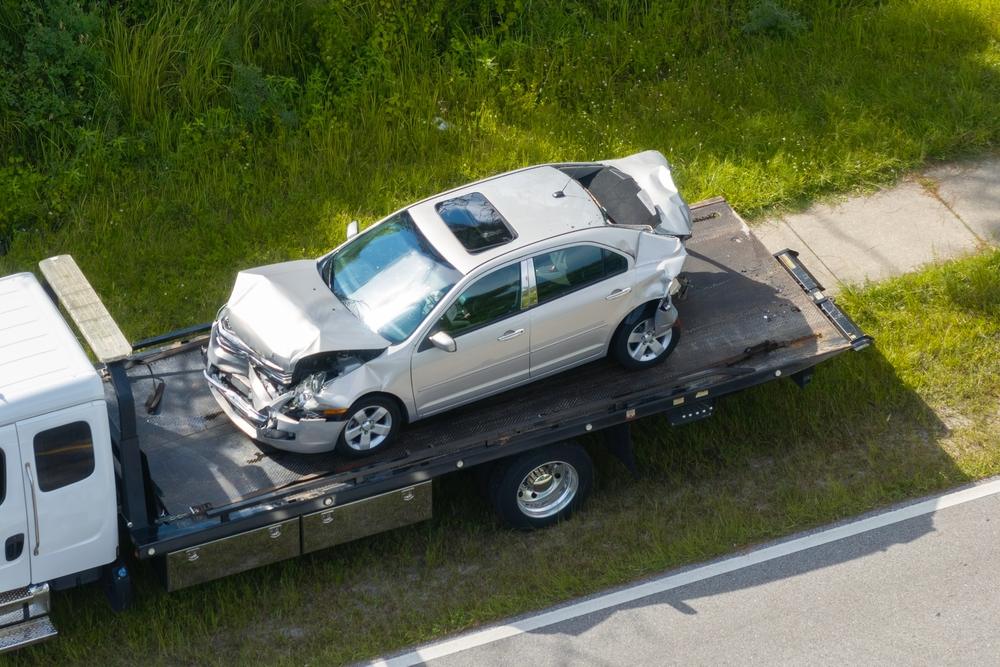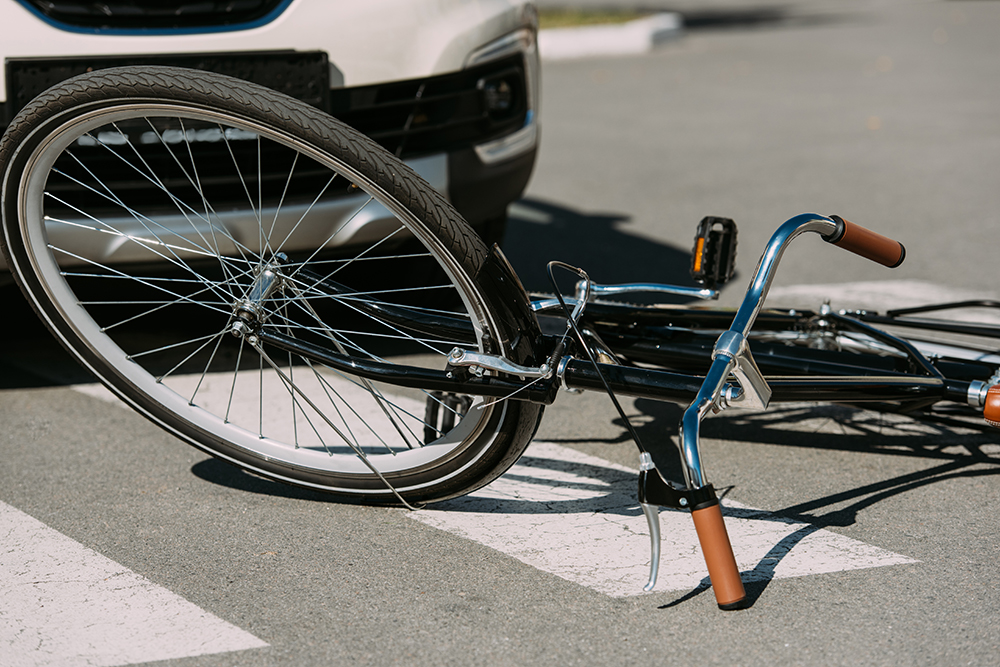
Helmet use does not automatically change who is at fault in an Aurora bicycle accident, but it can influence how damages are evaluated. Illinois law doesn’t require adults to wear helmets, though riders under 18 must do so.
At Charlie Therman Injury & Accident Lawyers, P.C., our Aurora bicycle accident lawyers can review your case to determine how helmet use or lack thereof may impact fault and compensation.
Our team helps clients understand the law, evaluate liability, and pursue the maximum recovery available. Choose Charlie.
Understanding Illinois Bicycle Laws
As you travel Illinois roads on a bicycle, you must understand the state’s laws governing bicycle use since they can markedly impact your rights and responsibilities in the event of an accident.
You must comply with bicycle regulations, which dictate how you operate your bike on public roads. Helmet guidelines can also affect the outcome of an accident.
By knowing the laws, you can take necessary precautions and ride responsibly. This knowledge will also help you understand your rights and responsibilities as a cyclist in the state.
The Role of Comparative Fault
You’ll likely be held partially responsible for an accident if you weren’t wearing a helmet or failed to follow traffic laws. Helmet benefits, including reduced head injury risk, can impact your case.
As a cyclist, you have responsibilities to follow traffic laws and take safety precautions. If you fail to do so, you may be found partially at fault. In Illinois, comparative fault can reduce your damages award if you’re found more than 50% responsible for the accident. Your attorney will help you assess cyclist responsibilities and helmet benefits in your case.
Determining Liability in Aurora Bicycle Accidents
Determining liability in bicycle accidents involves examining the actions of all parties involved, including you, the motorist, and any other relevant individuals. We will need to assess whether you followed bicycle safety guidelines and if the motorist adhered to traffic laws.
Legal precedent plays a significant role in determining liability, as it sets the standard for what constitutes negligence. We will consider the specific circumstances of the accident and how they align with established legal precedent.
By analyzing the actions of all parties and applying relevant legal standards, we can determine liability in a bicycle accident case. This objective evaluation will help establish fault and inform the outcome of the case, ensuring a fair assessment of responsibility based on the facts and applicable law.
Factors Influencing Fault Assessment
When evaluating a bicycle accident, we will consider various factors that influence fault assessment, including the actions of all parties involved, adherence to traffic laws, and applicable safety standards.
We will analyze bicycle safety measures, such as properly functioning brakes and lights, to determine if they contributed to the accident. Accident statistics may also be relevant, as they can provide insight into common causes of bicycle accidents.
Additionally, we will assess the road conditions and environmental factors that may have played a role in the accident. This thorough evaluation enables us to make a fair assessment of fault in a bicycle accident case.
Impact of Helmet Use on Aurora Bicycle Accident Cases
We will also examine how helmet use affects injury claims in bicycle accident cases, building on the evaluation of factors that influence fault determination. Helmet effectiveness plays an important role in accident prevention.
When evaluating injury claims, we will consider:
- Helmet design and certification
- Proper helmet fit and wear
- Accident severity and impact
- Type of injury sustained
- Comparison of injuries with and without helmet use
Handling Insurance Company Tactics in an Aurora Bicycle Accident Case
You’ll encounter various insurance tactics when dealing with bicycle accident claims. Insurance companies may employ strategies such as claim denial, which you must be prepared to address.
Minimizing Payouts
As insurance companies often prioritize minimizing payouts, they will employ various tactics to discredit or downplay the role of helmet use in bicycle accident cases. You’ll encounter these tactics during insurance negotiations, which can impact your injury compensation.
Some common tactics include:
- Challenging helmet effectiveness
- Questioning wearing compliance
- Downplaying head injuries
- Blaming other factors
- Offering low settlements
Claim Denial
What constitutes a valid reason for claim denial in bicycle accident cases involving helmet use? You’ll need to assess the circumstances. Insurance companies may deny claims if they can prove you weren’t wearing a helmet, citing it as a factor in the accident’s severity.
You must demonstrate that helmet use wouldn’t have prevented the accident or reduced injuries. Our team can negotiate with the insurance company when it tries to claim that helmet use changes fault in an Aurora bicycle accident case.
By analyzing the incident and applying effective claim strategies, we can help you avoid potential claim denial and receive fair compensation. Our team’s ability to counter insurance company tactics will meaningfully impact the outcome of your case.
Learn More About the Role of Helmet Use in Aurora Bike Accident Cases
You must understand that helmet use impacts liability in Aurora bicycle accident cases. At Charlie Therman Injury & Accident Lawyers, P.C., we recognize the importance of thoroughly evaluating helmet use in bicycle accident cases, and our experienced team is committed to helping you understand how helmet use may affect your case.
Contact us today for a free consultation.





